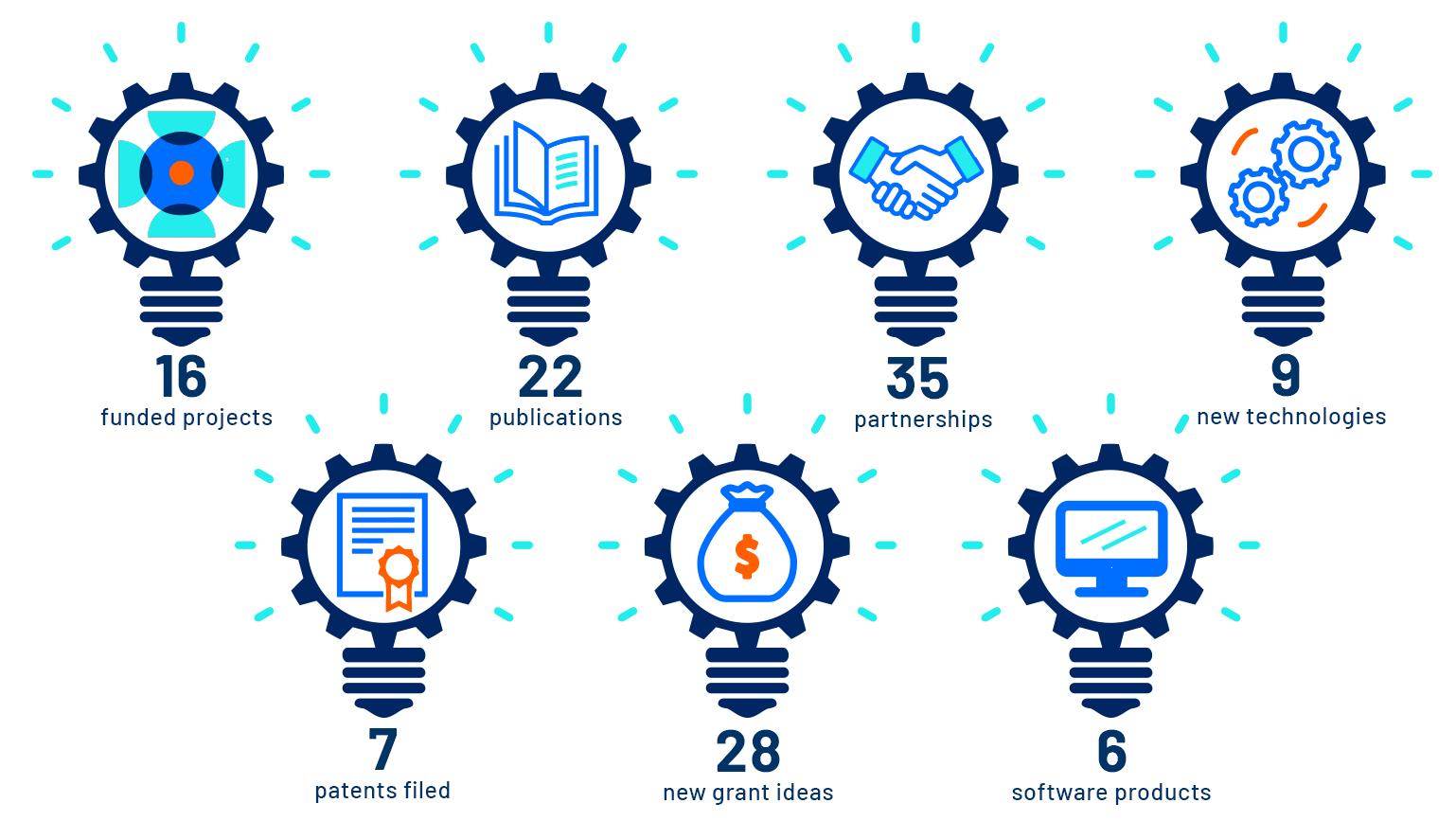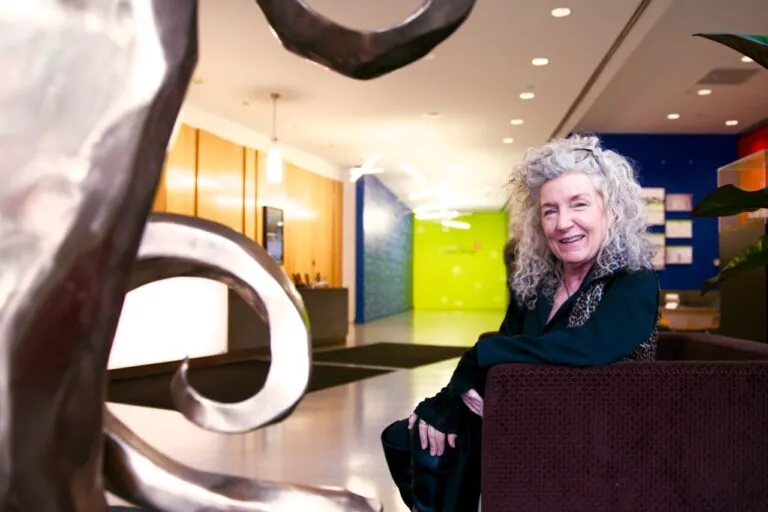Six Years In, ISB’s Innovator Award Program an ‘Unqualified Success’
The fifth cycle of ISB’s Innovator Award Program officially wrapped up this week with the principal investigators of the 2021-22 projects delivering their final presentations. In April, three 2022-23 Innovator Award collaborative projects were announced. The Innovator Award Program was launched in 2017, and has been tremendously successful.

The fifth cycle of ISB’s Innovator Award Program officially wrapped up this week with the principal investigators of the 2021-22 projects delivering their final presentations. In April, three 2022-23 Innovator Award collaborative projects were announced. (See the full list of current and former Innovator awardees and projects here.)
“The Innovator Award Program has been an unqualified success,” said Dr. Nitin Baliga, ISB senior vice president, director and professor. “We created this program in 2017 to drive innovation at ISB and to award cross-cutting projects that bring people from different labs together. The Innovators Program also provides training for participants in grant writing, the preparation of project materials, leading teams, managing budgets, and other tasks that are important for transitioning into an independent career,” he said.
The metrics of the program are impressive. Over five completed cycles, the Innovator Award Program has resulted in 16 funded projects, seven patents filed, 22 papers published, 28 new grant ideas, 35 partnerships created, six software products and nine new methods or technologies.
In 2021, Washington Research Foundation (WRF) pledged $100,000 to ISB to fund the Innovator Award Program, with ISB securing an additional $50,000 from other sources. WRF matched their pledge for the 2022-23 Innovator Award cycle, as well.
“We thank WRF for their generous support not only for this program, but for their longtime support of ISB,” Baliga said.
WRF has provided more than $2.7 million in grants and pledges, including support that brought microbiome specialist Dr. Sean Gibbons to ISB in 2018.
Learn more about the program here.
The 2021-22 Innovators final presentations were:
Project: Discerning the combinatorial regulatory circuitry of microglial differentiation in Alzheimer’s disease using probabilistic Boolean networks
Lead investigator: Bahar Tercan, Postdoctoral Fellow (Shmulevich lab)
ISB research team and collaborators: Cory Funk (Hood-Price Lab), Boris Aguilar (Shmulevich Lab) and Max Robinson (Hood-Price Lab)
Project: SOMA: Joint spatial omics and metabolic function analysis in single tissue section at single cell sensitivity
Lead investigator: Yin Tang, Postdoctoral Fellow (Wei Lab)
ISB research team and collaborators: Guangrong Qin (Shmulevich Lab), David L. Gibbs (Shmulevich Lab), Hanjun Cheng (Wei Lab) and Xiaoyang Ye (Wei Lab)
External collaborator: Raymond S. Yeung, University of Washington
Project: Multiparameter profiling of exosomes from body fluids to detect and determine site of infection
Co-lead investigators: Yue Lu, Postdoctoral Fellow (Heath Lab) and Christopher Lausted (Hood-Price Lab)
ISB research team and collaborators: Kai Wang (Hood-Price Lab), Alphonsus Ng (Heath lab) and Inyoul Lee (Hood-Price Lab)


